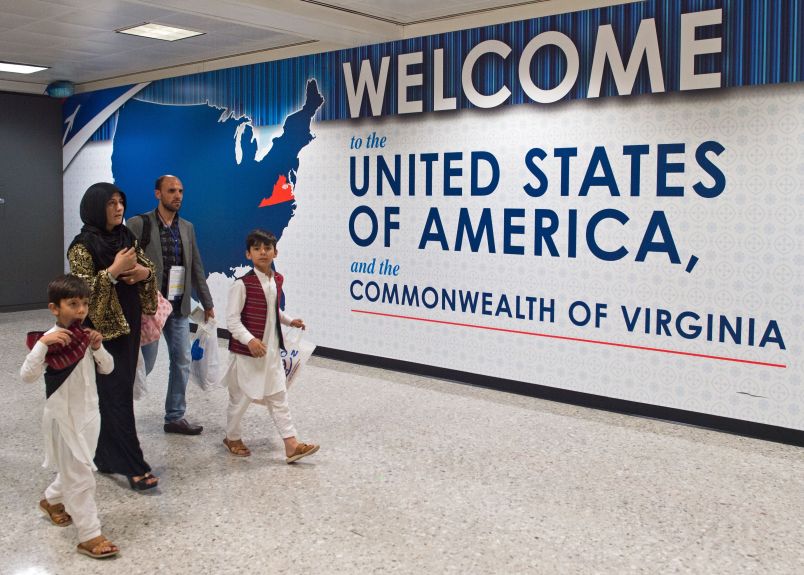The Trump administration announced Friday that it was nearly doubling the list of countries whose citizens were barred from obtaining certain types of visas.
Nigeria, Africa’s most populous country, was added to the list, as were Myanmar, Eritrea, Kyrgyzstan. Lesser restrictions were also placed on Sudan and Tanzania.
Though the administration had indicated last month its intent to expand the ban list, the additions appeared to take some foreign officials by surprise.
“It would be quite unfortunate if for any reason Nigeria were on the list,” Lai Mohammed, Nigeria’s Minister of Information and Culture, said just a few days ago, The New York Times reported.
Mohahmmed said Nigerian officials had not been advised his country would be placed on the the ban list, the Times reported. An adviser to Nigeria’s president said Saturday that the country “remains committed to maintaining productive relations with the United States and its international allies especially on matters of global security.”
Previously, the ban — an executive order that partially fulfilled Trump’s promise to ban all Muslims from coming into America — affected Iran, Libya, Syria, Somalia, Yemen, North Korea, and Venezuela.
Foreign nationals from the newly added countries will still be able to obtain business and tourism visas, unlike countries affected by the initial ban. Only immigrant visas are affected.
And Tanzania and Sudan are only excluded from the Diversity Visa Lottery program, not all immigrant visas — the former randomly awards green cards to vetted applicants from countries with low levels of immigration to the United States.
The administration cited various reasons for the new additions, from lagging passport technology to information-sharing failures.
“It is fundamental to national security, and the height of common sense, that if a foreign nation wishes to receive the benefits of immigration and travel to the United States, it must satisfy basic security conditions outlined by America’s law-enforcement and intelligence professionals,” the White House said in a statement.
In 2018, Nigerians received twice as many immigrant visas than citizens from all of the other newly affected countries combined, the BBC noted.



